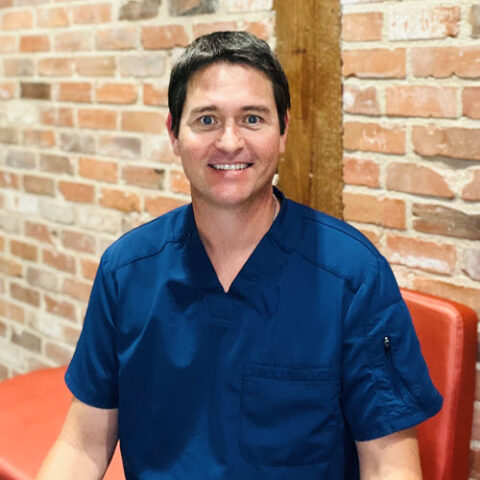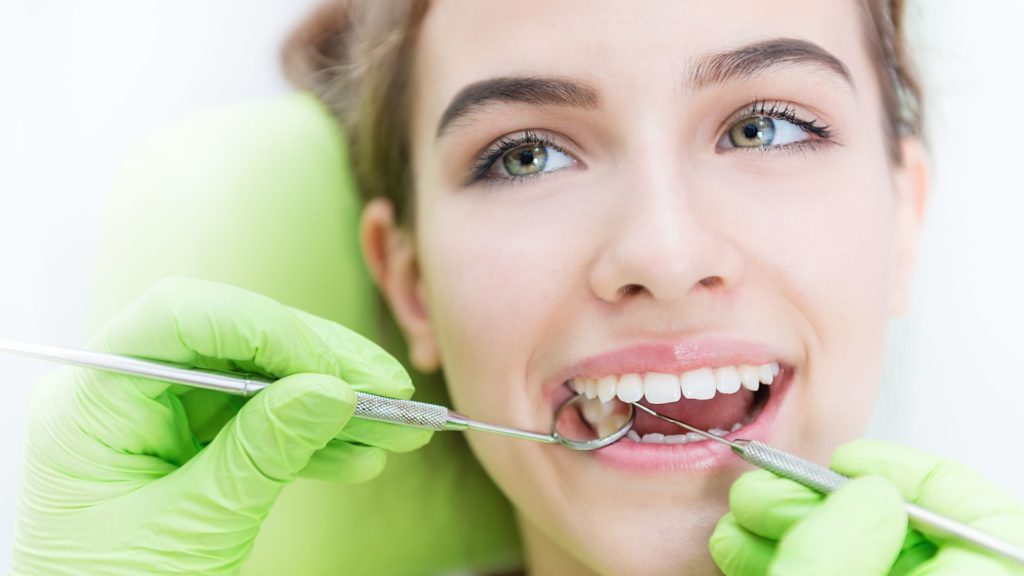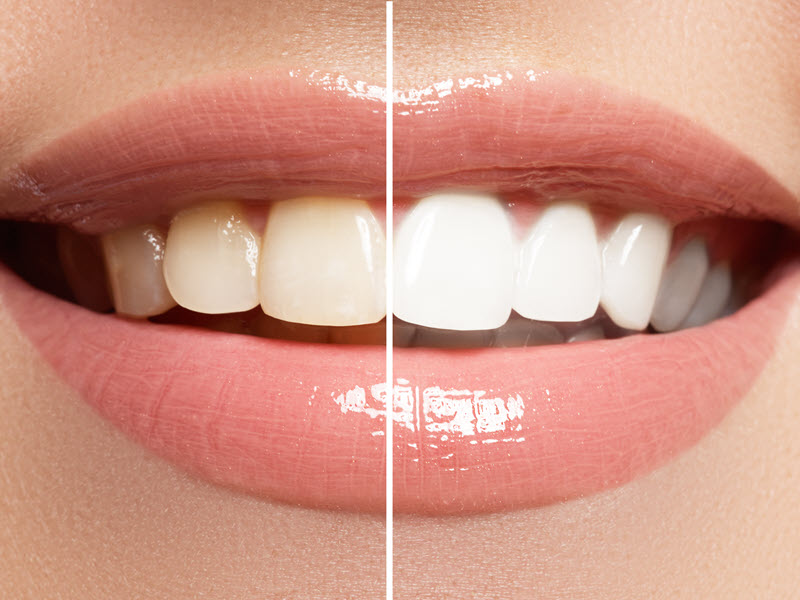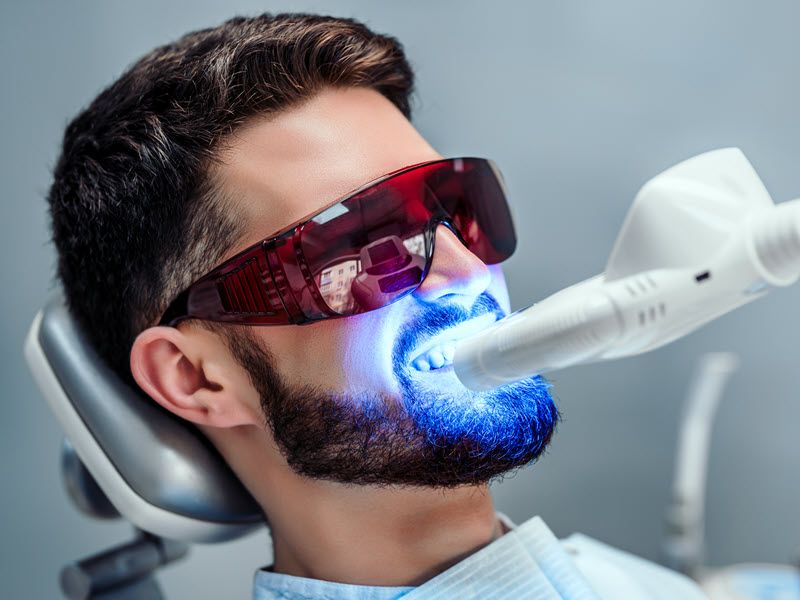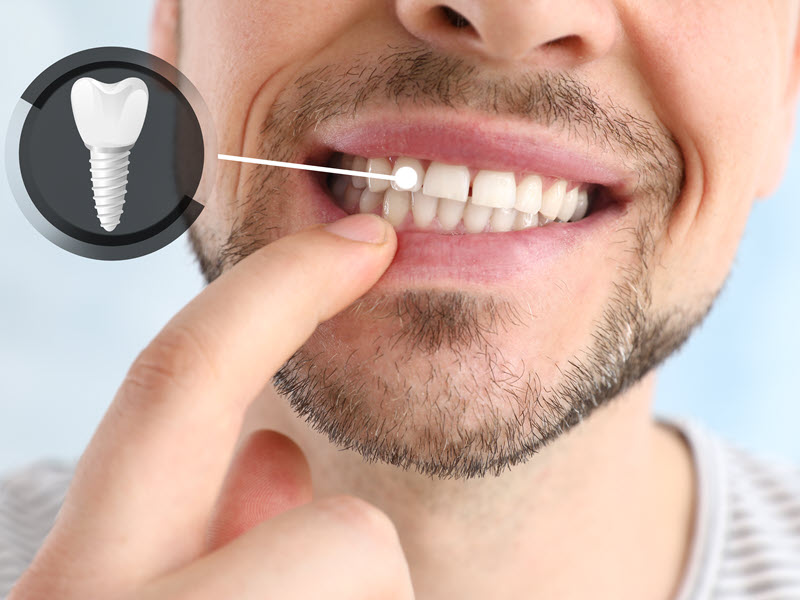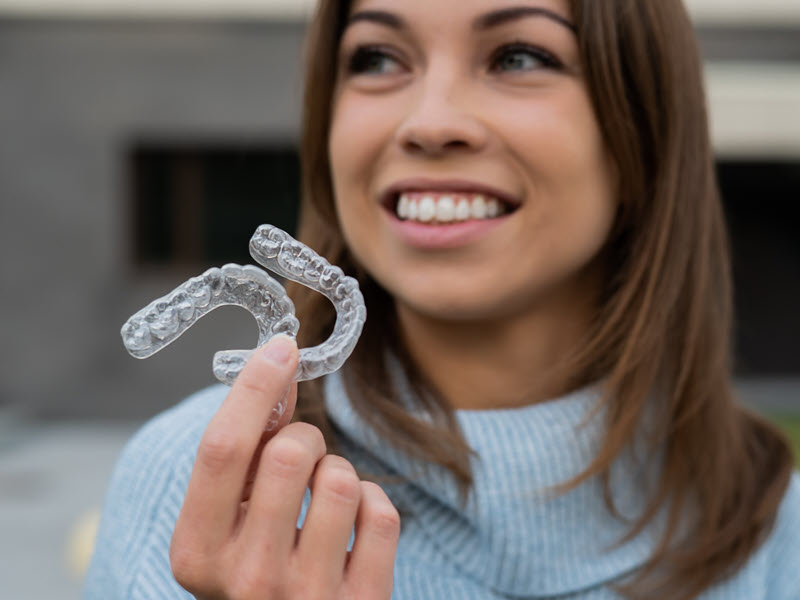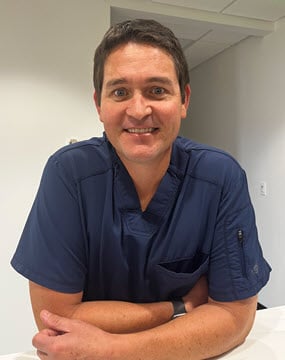How Does an Emergency Dentist Differ from Your Regular Dentist?
Almost all dentists have the capability to provide emergency care. If you have a regular dentist that you go to, your dentist will usually be able to serve as your emergency dentist. Most local dentists make sure that there are slots available during normal office hours to see their patients of record who are having dental emergencies as well as new patients who are having dental emergencies.
There are specialized dental offices that primarily deal with emergencies. Emergency dentists at these locations are more likely to deal with true dental emergencies. They also have hours that tend to be expanded beyond typical office hours, oftentimes being open on nights and weekends – and many even on holidays.
These emergency dentists specialize in urgent dental care. They handle situations that require immediate attention, such as severe tooth pain, infection, or injury. While they can handle a wide variety of dental ailments, their primary focus is on dental emergencies.
When to Seek Emergency Dental Care:
- Tooth Pain: Intense, throbbing toothache that won’t subside.
- Infection: Signs of infection include swelling, fever, and persistent pain.
- Injury: Cracked, chipped, or knocked-out teeth from accidents.
Symptoms to Watch For:
- Red or swollen gums
- Loose teeth
- Bleeding that doesn’t stop
Diagnosis and Treatment: An emergency dentist will quickly assess and diagnose dental health problems. Treatments they provide can range from prescribing antibiotics for an infection to performing an extraction to prevent the spread of damage.

The Mayo Clinic on What Constitutes a Dental Emergency
Who to Call in an Emergency: My Regular Dentist or an Emergency Dentist?
In almost all cases, you will call your regular dentist first.
Here at Murphy Dental in Fort Collins, we encourage our patients to call us first. If your emergency occurs during our normal office hours, we can usually accommodate you that very same day.
Calling your regular dentist first makes sense for two main reasons:
- Knowledge of dental patient history – Your primary dentist knows your patient history and should be aware of the current state of your dental health
- Knowledge of any recent dental procedures – If you’ve had any recent procedures, your dentist should be aware of those procedures and any potential complications that could be leading to possible dental emergencies
If you’re unable to get in to see your primary dentist, calling an emergency dentist is your next best bet. They typically have more availability – especially off hours – to provide treatment.
The Role of an Emergency Dentist
An emergency dentist specializes in urgent dental treatment to address severe or pressing dental issues. They provide emergency dental care when immediate intervention is necessary, often in situations where delays could lead to serious health risks or complications.
Once they make a diagnosis, the emergency dentist may administer a prescription for pain relief or to treat an infection. Emergency dental treatment might involve procedures such as reattaching a dislodged tooth, repairing dental restorations, or providing temporary solutions to alleviate symptoms until further treatment is possible.
Patients in need can often find an emergency appointment without delay. Many dental offices provide this urgent care, and some clinics offer 24-hour emergency dentist services. When in severe pain or injury, it’s crucial to seek a dentist near you that can address the urgent needs promptly.
Emergency dentists aim to relieve pain, prevent further damage to oral structures, and preserve overall dental health. They serve as a critical resource for immediate care outside typical office hours, ensuring patients receive necessary attention when they need it most.
Finding an Emergency Dentist
When urgent dental care is necessary, knowing how to find an emergency dentist quickly is crucial. Swift action can save a tooth, reduce pain, or prevent serious complications.
Remember, the first step is to get in touch with your regular dentist. If that isn’t an option, it is time to search for an emergency dentist using the methods below.
Near You
Finding an emergency dentist near you is possible by using a search engine like Bing or Google and calling local dental clinics or using online directories. For those seeking immediate care, options for searching include “dentists open on Saturday”, “after hours dentist near me” or “dentist open on Sunday”. On weekends, select clinics offer extended hours to handle unexpected dental issues.
After Hours
Some clinics offer after-hours services for critical care. Patients can often find a dentist open on Saturday in larger cities, extending availability for urgent needs. In more urgent cases, contacting a 24-hour emergency hotline can direct you to the nearest available dentist.
Teledentistry Options
For issues that may not require immediate in-person attention, teledentistry options are available. Patients can engage in a live chat with a certified dentist to evaluate the situation. Many dental providers integrate teledentistry into their practice, ensuring patients have access to professional advice and potential diagnosis whenever needed, even after traditional office hours.
Emergencies Involving Children
When a child faces a dental emergency, quick thinking and prompt care are essential. Parents should seek a pediatric dentist who specializes in children’s oral health crises. Two typical scenarios include a knocked-out tooth and a chipped tooth.

Your family dentist or a local pediatric dentist are both great options for treating kids experiencing dental emergencies
Knocked-Out Tooth
If a child loses a permanent tooth, one should:
- Find the tooth and hold it by the crown.
- Rinse it gently if dirty.
- Re-insert it in the socket if possible.
- Otherwise, store it in milk and seek immediate dental care.
Chipped Tooth
For a chipped tooth, it is important to:
- Keep any fragments.
- Rinse the child’s mouth with warm water.
- Use a cold compress to reduce swelling.
Checklist for Parents
- Stay calm: Your child needs your support.
- Act swiftly: Delay can worsen outcomes.
- See a dentist: Consult a professional as soon as possible.
Injuries like a knocked-out tooth require immediate treatment to improve the chances of re-implantation. Chipped tooth fragments are sometimes re-attachable by a dentist.
The Role of Your Hospital’s Emergency Room in Handling Dental Emergencies
When to Visit the ER
In some cases an emergency dentist may not be readily available to treat your dental crisis, making the local emergency room an option to get treatment. While the ER doesn’t have dentists on staff they can still provide you with limited treatment for dental problems.
Visit the emergency room if they face life-threatening issues such as uncontrolled bleeding or a high fever linked to a dental abscess, which may indicate spreading infection. Situations that require an emergency tooth extraction or severe oral injuries also warrant immediate ER care.
The typical role of the ER for dental emergencies is providing medications to fight off infection and alleviate your pain until you get a chance to see your primary dentist.
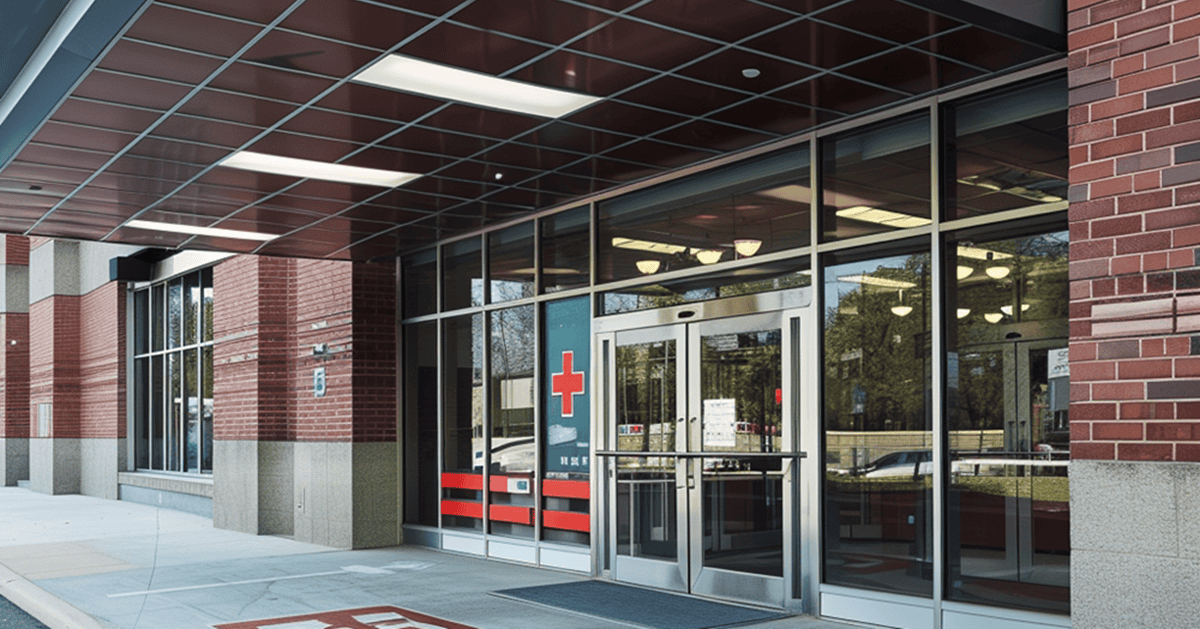
Your local ER can help treat infections and and your pain, but they won’t have a dentist on staff
Common Dental Emergencies
Dental emergencies can occur at any moment and require prompt care to prevent severe discomfort or further issues. Here is a quick breakdown of typical emergencies and their urgent needs:
- Broken or Fractured Teeth: They demand immediate attention to avoid nerve damage or tooth loss. Rinse your mouth with warm water and apply a cold compress to limit swelling.
- Knocked-Out Tooth: Pick it up by the crown, rinse it gently if dirty, and attempt to place it back in its socket. If this fails, keep the tooth moist in milk or saliva and seek dental help right away.
- Severe Toothaches: Often signal deeper problems like decay or infection. Clean around the sore tooth carefully and use dental floss to remove any food that might be stuck.
- Swelling or Abscesses: Swollen gums can indicate infection or gum disease. Rinse with saltwater and consult a dentist to address the infection and receive proper treatment.
- Lost Fillings or Crowns: Apply clove oil to the sensitive area for relief. If a crown falls off, try to place it back over the tooth and contact your dentist.
- Uncontrolled Bleeding: Constant gum bleeding may result from injury or gum disease. Apply pressure to the area using a clean gauze or cloth.

Steps to Take During a Dental Emergency
Patients should contact an emergency dentist if their primary dentist isn’t available when they encounter any of these conditions. Prompt treatment helps alleviate pain and prevents complications.
Costs and Insurance Considerations
The cost of emergency dental care varies widely. It depends on the type of treatment needed and the location of the service. For example, a lost filling will almost always cost much less than a new dental crown. Patients should consider these potential costs when seeking emergency dental assistance.
Most dental insurance plans provide some coverage for emergency care. However, they may not cover the entire cost of treatment. Insurance typically categorizes treatments into preventive, basic, and major services. They often cover a higher percentage of preventive care (dental cleanings and exams) than major treatments like crowns.
Patients must contact their insurer to confirm coverage details. They need to ensure they select a dental office that accepts their insurance. In emergencies, one must act quickly but also stay informed about the financial aspects involved.
Payment Options if you Don’t Have Dental Insurance
Not having dental insurance shouldn’t prevent you from receiving the dental care you need.
As we discuss in detail below, not getting dental treatment for a significant dental problem can result in your dental emergency getting worse, resulting in more severe dental problems that cost much more to treat over time.
The good news is that most dental offices and emergency dentists offer payment plans. Often this is done through third party providers like CareCredit. You will be able to set up a structured payment plan to pay for your dental services over time.
Long-Term Impact of Untreated Dental Emergencies
Leaving dental emergencies without prompt care can lead to serious dental health issues. If patients ignore trauma or deep decay, they risk persistent tooth decay and potential tooth loss. Dental health may decline as infection spreads from a single tooth to surrounding tissues.
Immediate Effects:
- Pain: Severe discomfort as a symptom of underlying problems.
- Infection: Without treatment, an infection may form an abscess.
Progression of Disease:
- Gum Disease: Untreated issues often develop into gum disease.
- Tooth Loss: Decay can lead to loss of teeth.
Structural Damage:
- Fractures: Minor cracks worsen without repair.
- Abscesses: Pockets of pus form at the infection site.
Without emergency dental care, infections can spread beyond the oral cavity, sometimes becoming life-threatening. They encourage gum disease and can form dental abscesses that risk system-wide health concerns if not addressed.
Tooth decay and fractures also disrupt normal function, affecting eating, speaking, and self-esteem. Delaying treatment for dental emergencies not only compromises oral health but can lead to expensive, complex procedures down the line, underlining the need for immediate attention to prevent long-term damage.
Common Questions About Emergency Dental Care
What Constitutes an Emergency?
A dental emergency often involves severe pain, significant bleeding, or trauma to the face and jaw. Infections that cause swelling and hinder breathing also demand immediate attention. Conditions like an abscess may become life-threatening and need quick intervention from an emergency dentist to stop tissue damage and alleviate pain.
How Quickly Should I Seek Help?
For most dental emergencies, time matters. One should seek help as soon as they recognize signs such as uncontrolled bleeding, severe pain, or a loose or knocked-out tooth. Prompt treatment can prevent tooth loss, spread of infection, and improve the outcome. A visit to the ER or urgent care might be necessary if an emergency dentist is not available.
Can I Manage Pain at Home?
Temporary pain relief may be achievable at home using OTC meds, cold compresses, or saltwater rinses. Keep in mind that these methods control symptoms but do not address the cause of the emergency. If one experiences dental trauma or severe discomfort, they should contact an emergency dentist for further guidance on pain management.
What If I Can’t Find an Emergency Dentist?
If an emergency dentist is unavailable, help can come from several sources. For injuries involving facial bones or other severe conditions, a hospital visit may be necessary. In other cases, urgent care facilities can provide interim relief until one can access dental care. Infections might require antibiotics, and a medical professional can prescribe the appropriate medication.
